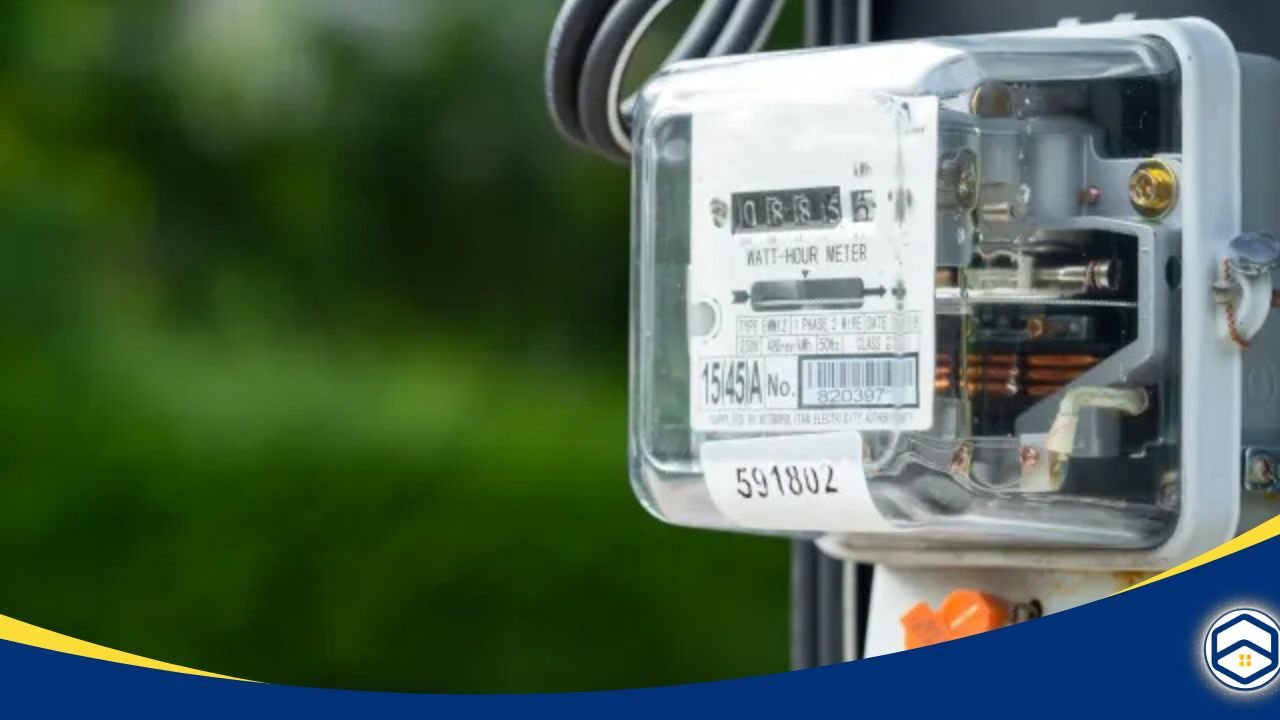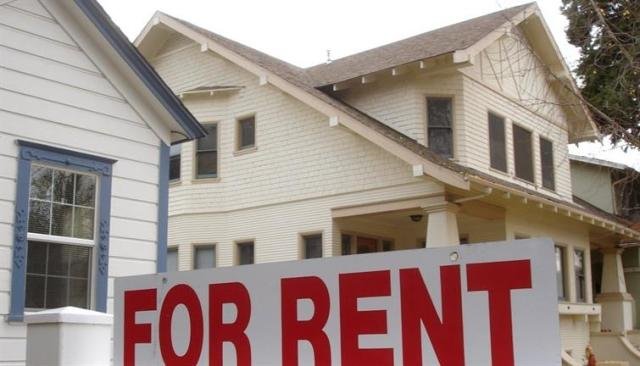Embarking on the journey to buy or sell a home can be both exciting and overwhelming. One of the most crucial steps in this process is preparing for your first meeting with a real estate broker. This initial consultation sets the tone for your entire real estate experience. To ensure you are well-prepared, we’ve put together a detailed guide on preparing for your first meeting with a real estate broker.
Why Meeting With a Real Estate Broker Is Important?

A real estate broker plays a pivotal role in your property transaction. They bring market expertise, negotiation skills, and a wealth of resources to the table. Whether you are buying or selling, a broker helps streamline the process, making it more efficient and less stressful. Preparing for your first meeting with a real estate broker is your opportunity to assess their suitability, clarify your goals, and lay the groundwork for a successful partnership.
Steps to Prepare for Your First Meeting With a Real Estate Broker
Before diving into the specifics, it’s important to have a clear roadmap for the preparation process.

1. Define Your Goals
Before your meeting, it’s essential to clearly define your goals. Are you looking to buy or sell? What type of property are you interested in? What is your budget or desired sale price? Having a clear understanding of your objectives will help guide the conversation and ensure that the broker understands your needs.
2. Do Your Research
Research is critical when preparing for your first meeting with a real estate broker. Familiarize yourself with the local real estate market trends, recent sales, and property values in the area. This knowledge will help you ask informed questions and understand the broker’s advice better.
3. Gather Necessary Documents
If you are selling a property, bring relevant documents such as the deed, recent property tax statements, mortgage details, and any home improvement records. Buyers should bring proof of funds or a mortgage pre-approval letter. These documents provide the broker with the necessary information to assist you effectively.
4. Prepare a List of Questions
Prepare a list of questions to ask the broker. Some important questions include:
- How long have you been in the real estate business?
- What is your experience in the local market?
- How do you determine the listing price (for sellers)?
- How do you find suitable properties (for buyers)?
- What are your fees and commission rates?
- Can you provide references from past clients?
5. Consider Your Schedule
Think about your availability and timeline. Are you looking to buy or sell immediately, or are you just starting the process? Knowing your schedule helps the broker plan viewings, open houses, and other activities accordingly.
6. Be Ready to Discuss Finances
Be prepared to discuss your financial situation openly. This includes your budget, financing options, and any financial constraints you may have. Transparency with your broker allows them to tailor their services to your financial capabilities.
7. Understand the Broker’s Role
A real estate broker plays a pivotal role in your property transaction. They bring market expertise, negotiation skills, and a wealth of resources to the table. Whether you are buying or selling, a broker helps streamline the process, making it more efficient and less stressful. Preparing for your first meeting with a real estate broker is your opportunity to assess their suitability, clarify your goals, and lay the groundwork for a successful partnership.
What to Expect During the Meeting?
Your first meeting with a real estate broker is a critical step in your property transaction journey. Here’s what you can anticipate:

Initial Introduction
Your first meeting will typically start with an introduction. The broker will likely share their background, experience, and approach to real estate transactions. This introduction is crucial for establishing a rapport and gauging their professionalism and expertise. Pay attention to how they present themselves, their communication style, and whether they seem genuinely interested in helping you achieve your real estate goals.
Preparing for your first meeting with a real estate broker includes asking about their credentials, any awards or recognitions they’ve received, and their specific areas of expertise within the real estate market. Additionally, take note of their body language and responsiveness to your questions, as these can provide further insight into their dedication and suitability as your real estate partner.
Discussing Your Goals
The broker will ask about your goals, preferences, and expectations. This part of the meeting is vital for setting the direction of your collaboration. Be honest and detailed in your responses, providing as much information as possible. If you are a buyer, discuss your ideal home type, size, location, and must-have features. If you are selling, outline your desired timeline, target sale price, and any improvements or repairs you have made to the property.
The more information you provide, the better the broker can tailor their services to meet your needs. This is also the time to discuss any specific requirements you have, such as proximity to schools, work, or public transportation, and your preferred timeline for buying or selling.
Market Overview

Expect the broker to provide a comprehensive market overview during your first meeting. Preparing for your first meeting with a real estate broker includes anticipating a discussion about current market conditions, recent trends, and comparable properties in the area. This information is crucial for both buyers and sellers to understand the market landscape and set realistic expectations.
For sellers, the broker might show examples of recent sales in your neighborhood and explain how your property compares. For buyers, they might highlight which areas are experiencing growth, where you might find the best value, and any upcoming developments that could affect property values. Understanding the market will help you make informed decisions about pricing, timing, and strategy.
Strategy Planning
Preparing for your first meeting with a real estate broker involves understanding what to expect in terms of strategy planning. For sellers, the broker will outline a detailed marketing strategy for your property. This includes pricing, staging, and advertising plans. They will explain how they will position your home in the market, what kind of photography and descriptions they will use, and where they will advertise your listing. They may also discuss hosting open houses and private showings.
For buyers, preparing for your first meeting with a real estate broker means discussing the home search process, viewing schedules, and how they will notify you of new listings. They will explain how they will help you find properties that match your criteria, arrange viewings, and provide insights on each property you visit. This strategic planning helps align your goals with actionable steps, ensuring a focused and efficient search process. Both buyers and sellers should feel confident that their broker has a clear and proactive plan to achieve their objectives.
Financial Discussion
A thorough discussion about finances is essential when preparing for your first meeting with a real estate broker. For sellers, this involves discussing potential listing prices, estimated closing costs, and net proceeds from the sale. The broker will explain how they arrived at the suggested listing price and what you can expect to pay in commissions and other fees. They will also discuss any costs associated with preparing your home for sale, such as repairs, staging, or improvements.
For buyers, preparing for your first meeting with a real estate broker means reviewing your budget, financing options, and pre-approval status. The broker may ask about your down payment amount, your monthly budget for mortgage payments, and any other financial considerations. They will also explain the different types of mortgages available and help you understand the overall cost of buying a home, including taxes, insurance, and closing costs. This ensures that all parties are on the same page financially, which is crucial for avoiding surprises later in the process.
Q&A Session
Your prepared list of questions will come in handy during this part of the meeting. Don’t hesitate to ask for clarification on any points discussed. This is your opportunity to address any concerns and ensure that you are comfortable with the broker’s approach and services. Some additional questions to consider might include:
- How will you keep me updated throughout the process?
- What challenges do you foresee in my particular situation?
- How do you handle negotiations?
- What are the next steps if I decide to work with you? This Q&A session is crucial for building trust and ensuring that you and the broker are aligned in your expectations and goals.
Next Steps
The meeting will conclude with a discussion of the next steps. Preparing for your first meeting with a real estate broker includes understanding what you can expect moving forward. The broker will outline follow-up meetings, property viewings, or listing preparations. They may provide a timeline for when you can expect to see results, such as listing your property or starting home viewings.
Make sure you leave the meeting with a clear understanding of the timeline and action items, and what is expected of you. This might include gathering additional documents, completing a home improvement project, or securing financing. Knowing the next steps helps ensure that the process moves forward smoothly and efficiently.
After the Meeting
After the meeting, take a moment to gather your thoughts before proceeding with the next steps.

Review Your Notes
After the meeting, review your notes and reflect on the conversation. Preparing for your first meeting with a real estate broker includes evaluating how well the broker addressed your questions and whether their proposed strategy aligns with your goals. Consider their professionalism, expertise, and how comfortable you felt during the interaction. Did they provide clear and comprehensive answers? Did their approach resonate with what you envision for your real estate journey?
Check References
If the broker provided references, take the time to contact them. Previous clients can offer valuable insights into the broker’s effectiveness and professionalism. Ask about their experiences, including how the broker handled challenges, their communication style, and the overall outcome of their transactions. This step is crucial in preparing for your first meeting with a real estate broker, as it provides a real-world perspective on what you can expect.
Make a Decision
Decide whether you want to proceed with the broker. Trust and comfort are key factors in this decision. If you feel confident in their abilities and approach, moving forward with them can greatly enhance your real estate experience. However, if you have any reservations or feel that another broker might be a better fit, don’t hesitate to continue your search. Making an informed and confident decision is essential in preparing for your first meeting with a real estate broker and ensuring a successful partnership.
Conclusion
Preparing for your first meeting with a real estate broker is a critical step in the home buying or selling process. By defining your goals, doing your research, gathering necessary documents, and preparing questions, you can ensure a productive and informative meeting. This preparation not only helps you assess the broker’s suitability but also sets the stage for a successful real estate transaction. With the right broker by your side, navigating the complexities of the real estate market becomes a much more manageable and rewarding experience.










